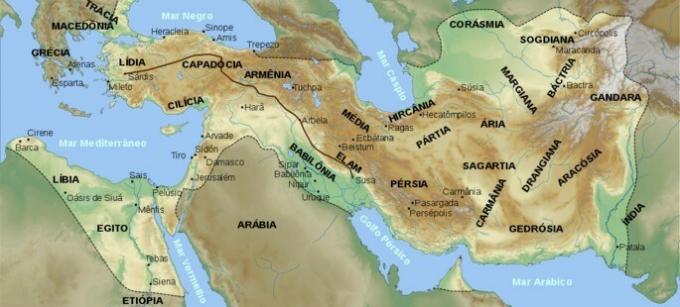Historiography is the study of how history is written and how our understanding of history changes over time.
This study considers the approaches used by historians and seeks to understand how and why their theories and interpretations differ.
While the past itself never changes, the writing of history is always evolving. New historians explore and interpret the past.
They develop new theories and conclusions that can change the way we understand the past. Historiography recognizes and discusses this process of change.
Overall, it's a difficult and complex study. It is an important component of most university history courses, where students are expected to know about the past and how it has been interpreted over time.
Today, many elementary and high school courses include some basic historiography, usually through the study of different historians and competing historical interpretations.
What is the difference between history and historiography?
Historiography is the study of the best ways to interpret historical sources and the ways in which history is written (historical inquiry and the history of history).
History, on the other hand, is what is written about the past, with the aim of bringing it as close as possible to what happened.
What is the purpose and importance of historiography?
To understand historiography, one must first be aware that understanding the past is not immune from criticism, challenges or revisions.
It is also necessary to understand the critical difference between historical facts (situations presented conclusively by evidence and accepted as true) and history (human study and interpretation of these situations).
The past certainly contains millions of truths or concrete facts, such as:
- Abraham Lincoln was shot and killed by John Wilkes Booth in 1865;
- The Japanese bombed Pearl Harbor in December 1941;
- Germany was gripped by rampant hyperinflation in 1923;
- Brazil went through a period of military dictatorship between the years of 1964 and 1985.
On the available evidence, these facts are indisputable. But taken from a restrictive point of view, however, they can be isolated or meaningless.
The role of the historian is to make sense of these facts through research and analysis.. To do this, they examine and interpret evidence, form conclusions, develop theories, and articulate their findings in writing.
Historians must answer many questions, including:
- How and why certain actions, events or ideas emerged (causes);
- The results of certain actions, events or ideas (effects or consequences);
- Contributions made by different people and groups (actions);
- The relative importance or impact of different people, groups or ideas (meaning);
- Situations that have changed and others that have remained the same for a period of time (change and continuity).
Unlike the physical sciences, history produces many different answers to the same question. Historians often study the same sets of facts but come to different explanations or conclusions.
It is from this moment that the historiographic study comes, analyzing the interpretations of a specific topic written by historians, about the past.
Specifically, a historiography identifies influential thinkers and reveals the shape of academic debate on a particular subject.
The main purpose of writing a historiographical article is to convey other historians' understanding of a particular subject, rather than analyzing the subject itself.
Alternatively, a historiography can act as an introduction to a large research paper, to which you will add your own analysis. Thus, a good historiography does the following:
- It points to influential books and articles that exemplified, shaped or revolutionized a field of study;
- It shows which academics were most effective in changing the scope of the debate;
- Describes current trends in the field of study.
See also the meaning of story.



